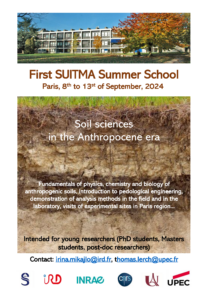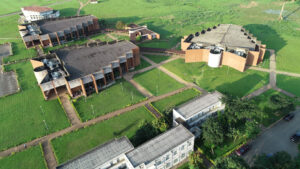Seminar of Yannick Wurm
Genetics of adaptation in ant colonies and advances in assessing pollinator health
Ecological, behavioural and theoretical studies have informed our understanding of the impacts and tradeoffs of different environments. In contrast, we know relatively little about the genes and genetic architectures, underpinning response or adaption to new environments.
I will highlight several projects in our lab that shed light on the processes and mechanisms involved.
In particular, we uncovered that a supergene region of suppressed recombination controls social organisation in red fire ants. Using population genomics, phylogenetic and transcriptomic approaches I will share our current understanding of the forces involved in the evolution, maintenance and spread of this system.
Further, I will outline our work which aims to understand how a single genome can encode three types of individuals that differ substantially in morphology, physiology and lifespan.
Finally, we are developing new approaches to better measure pollinator health. I will highlight the need and utility of these approaches and how they can help to improve agricultural practices.
These projects provide valuable insights into the genetic mechanisms that give rise to diverse traits and characteristics and the limitations within which evolution operates
- Url de l'orateur: https://www.turing.ac.uk/people/researchers/yannick-wurm





